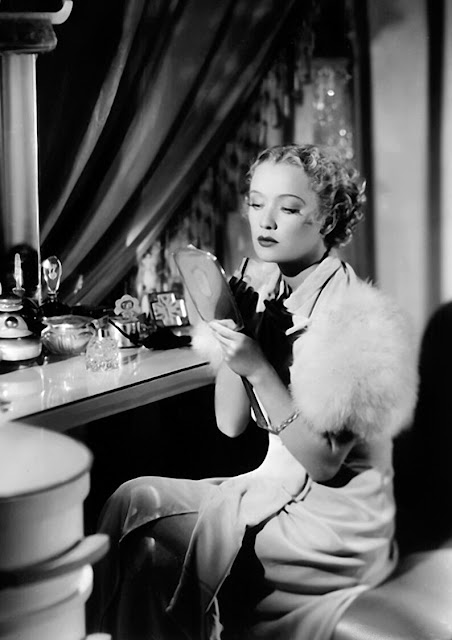Sidney Lumet on Katharine Hepburn: Herculean
Interview with Sidney Lumet
Conducted by James Grissom
New York City
1991
I expected a star with [Katharine] Hepburn, and all the attendant behaviors and attitudes. When we began work [on Eugene O'Neill's Long Day's Journey Into Night], she had been a star for thirty years, and a good actress, used to getting things she wanted. I had worked with Henry Fonda, who was as humble and as eager to stretch himself as a newcomer, and I wondered if Hepburn would be my first star challenge.
I arrived for our readings full of anxiety, which was immediately released when she smiled at everyone and threw herself into finding what she called "the bottom, the foundation, the final sentence" in the biography of Mary Tyrone.
She was Herculean in her work. She read everything she could find--not only on O'Neill and the people on whom the Tyrones were based, but on the Northeast, its weather, the uses and abuses of morphine. She adored her fellow actors, and rejoiced when they did well, and I heard her asking for advice from the costume designer, the set designer, the masterly cinematographer, Boris Kaufman. She was a student, and she was aglow with discovery all the time.
Hepburn took nothing for granted. She wanted very much to be a great actress, and always confessed that she was not one--yet. The only arguments I can recall were those in which she failed to believe me--or anyone--when I said that she was fine, the scene was sufficient. She always wanted to do it again.
A train of gifts arrived for years from her, always perfect, always something I wanted but didn't know I wanted. She had a capacity for seeing into people that was extraordinary. And if I saw her, she was effulgent, and always thanked me for the gift I had given her.
I gave her nothing but space and attention and respect. If you give that to anyone, they will blossom and do their best. If you give it to someone as Herculean as Hepburn, they amaze you and themselves.
Her acting in that film was what Tennessee [Williams] and [Marlon] Brando most admired: It was terminal.
© 2016 James Grissom



Comments
Post a Comment
Thank you for your comments. The moderators will try to respond to you within 24 hours.